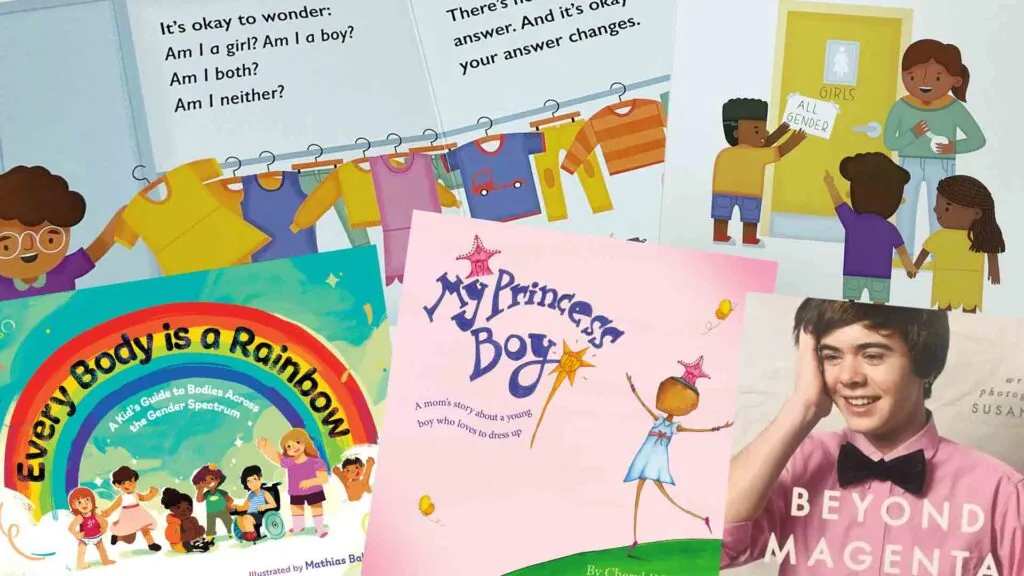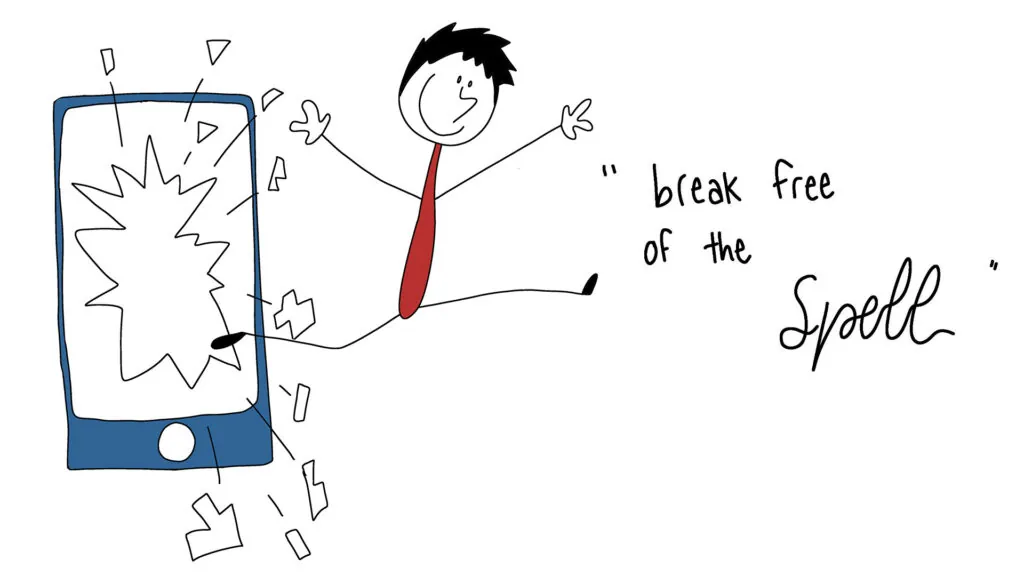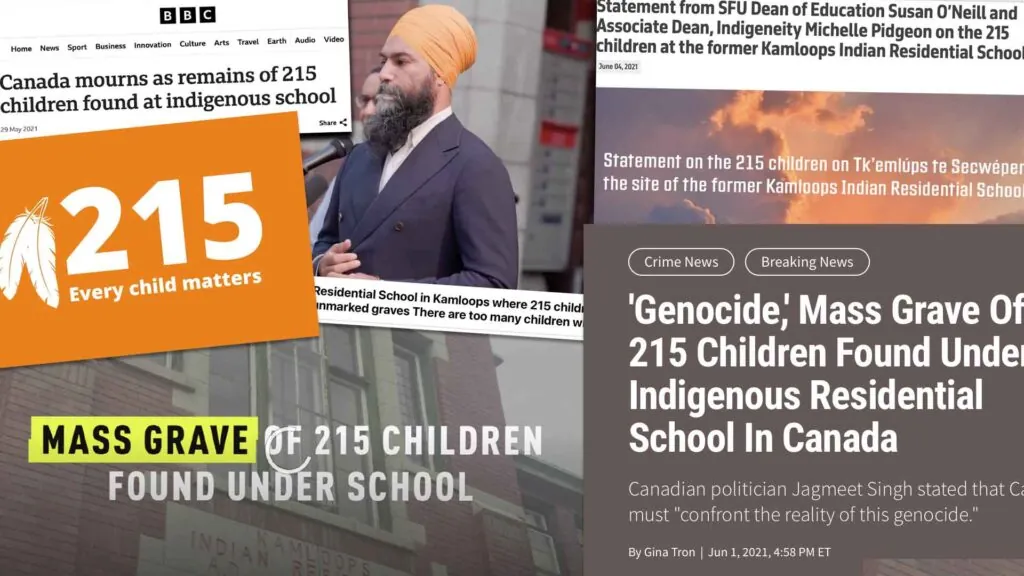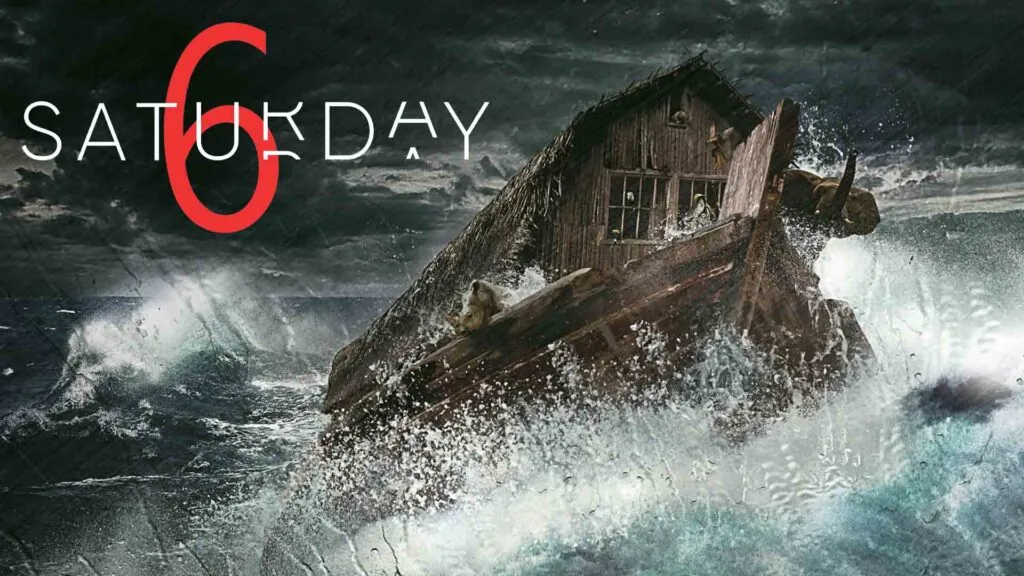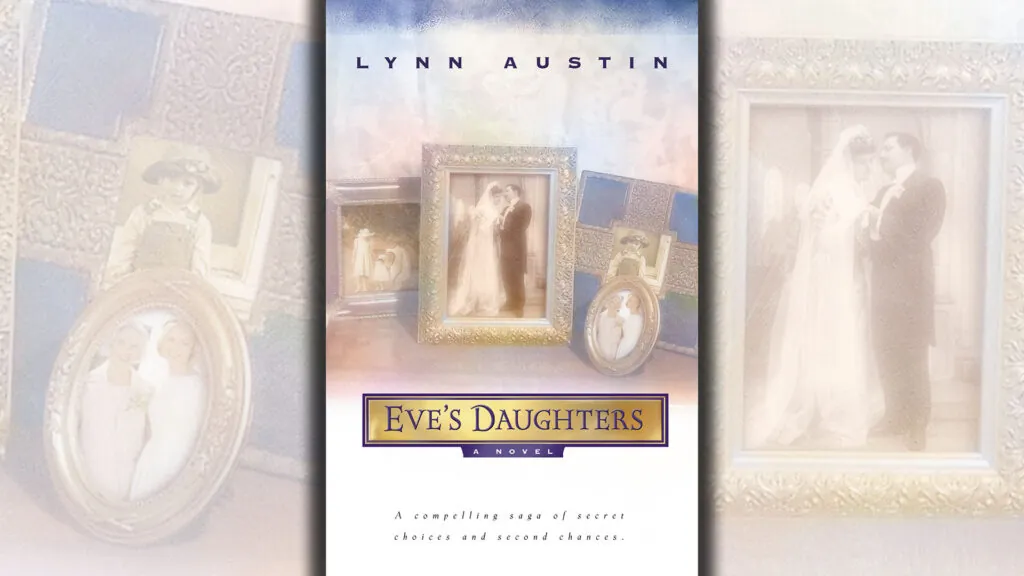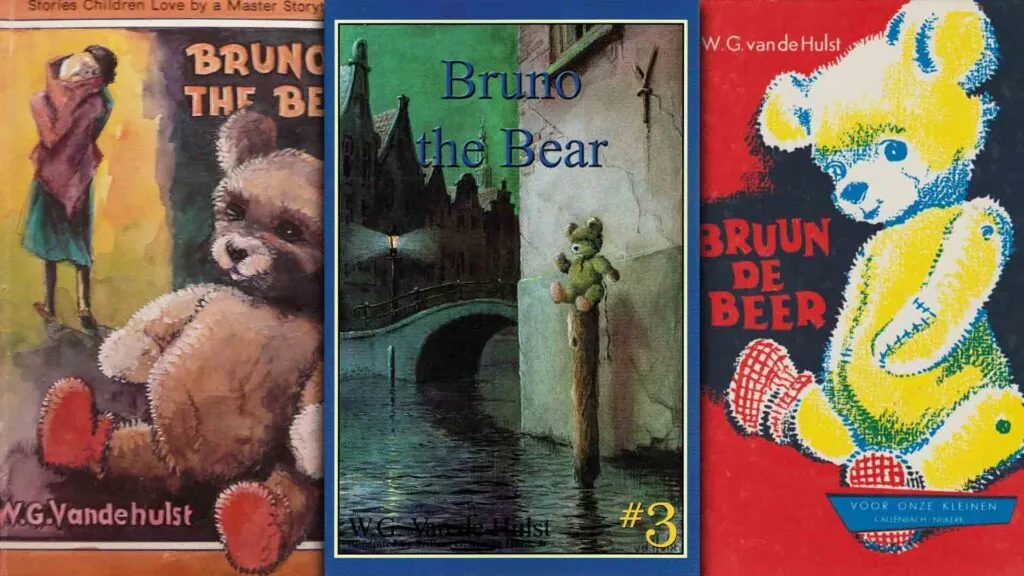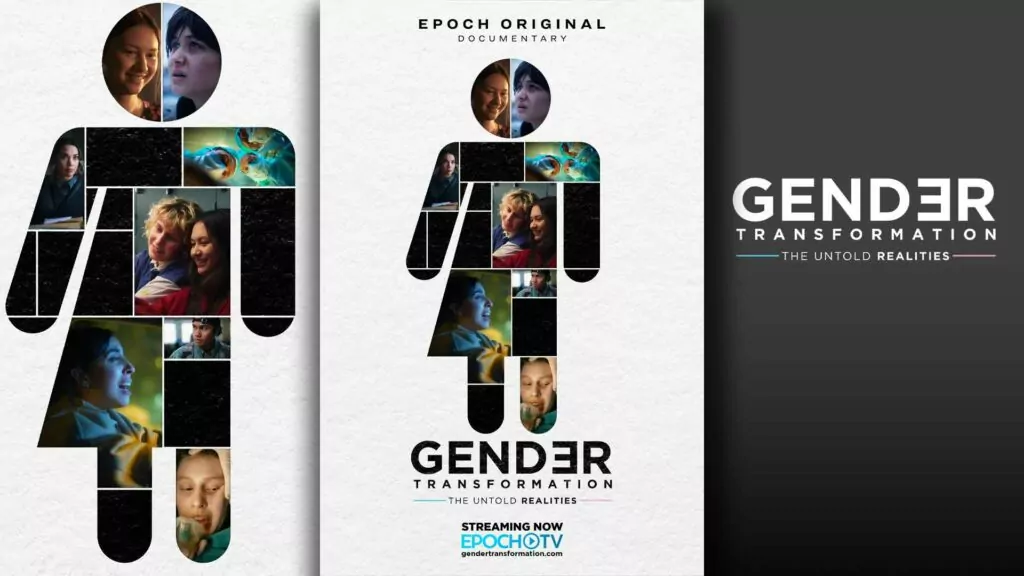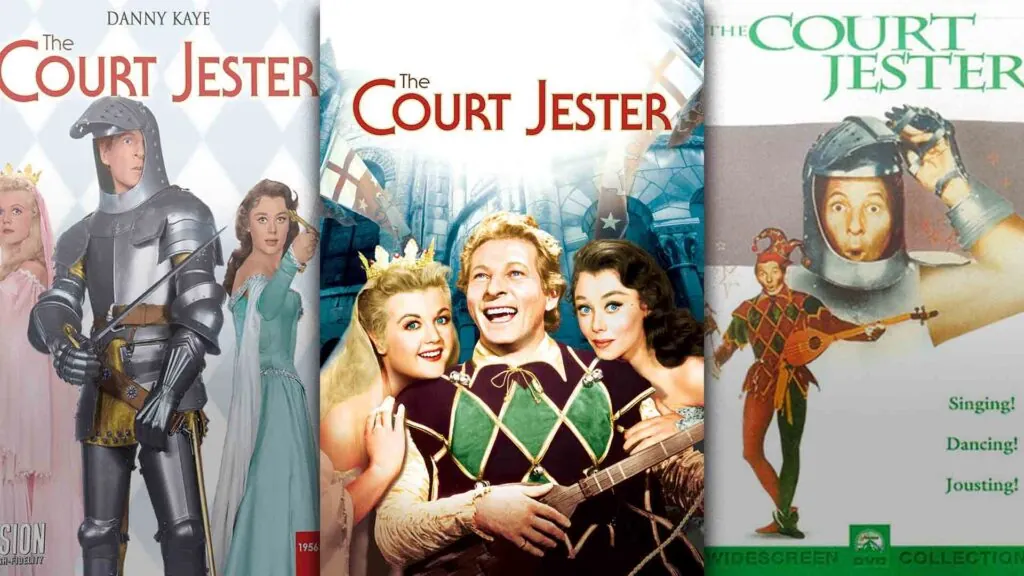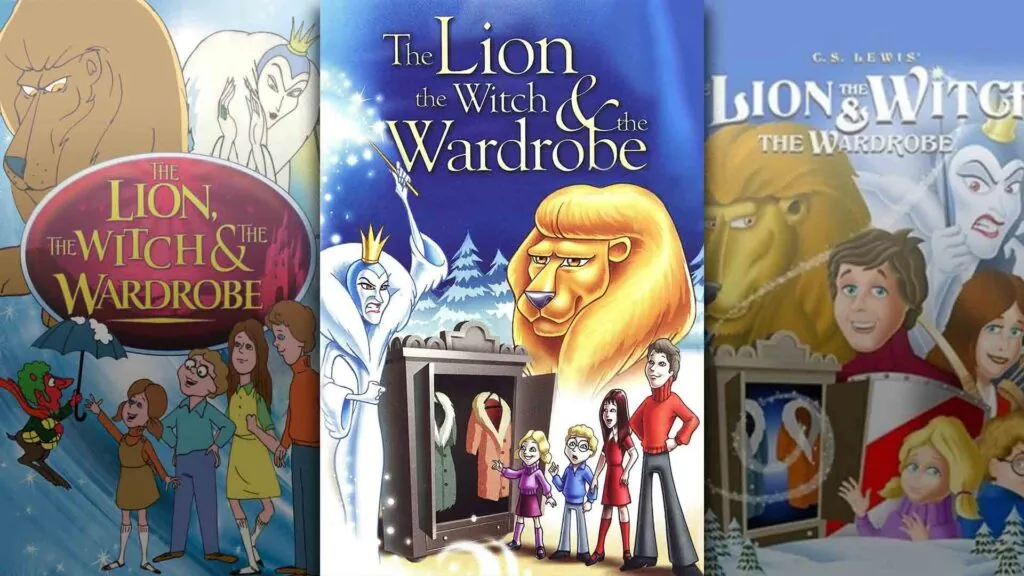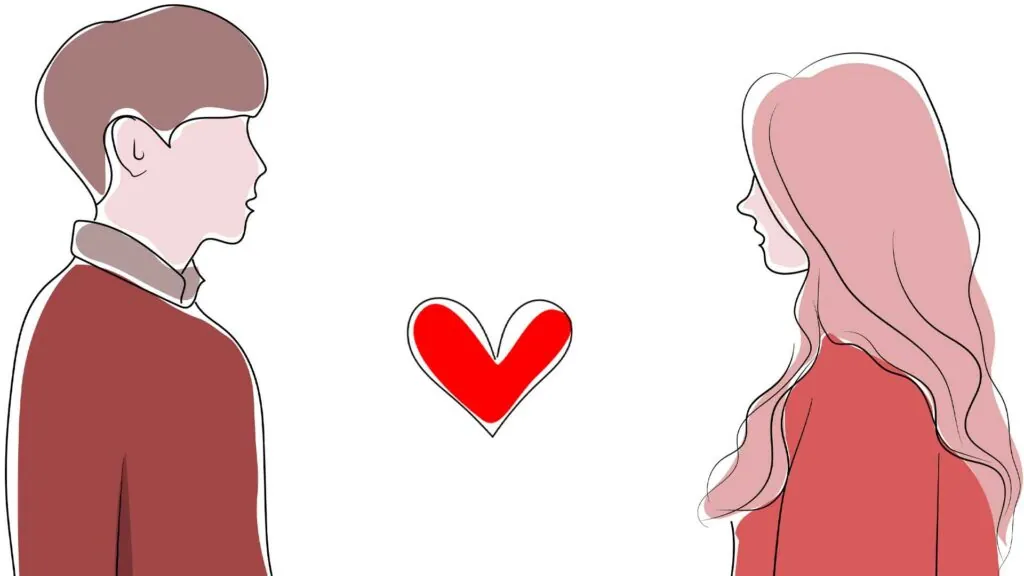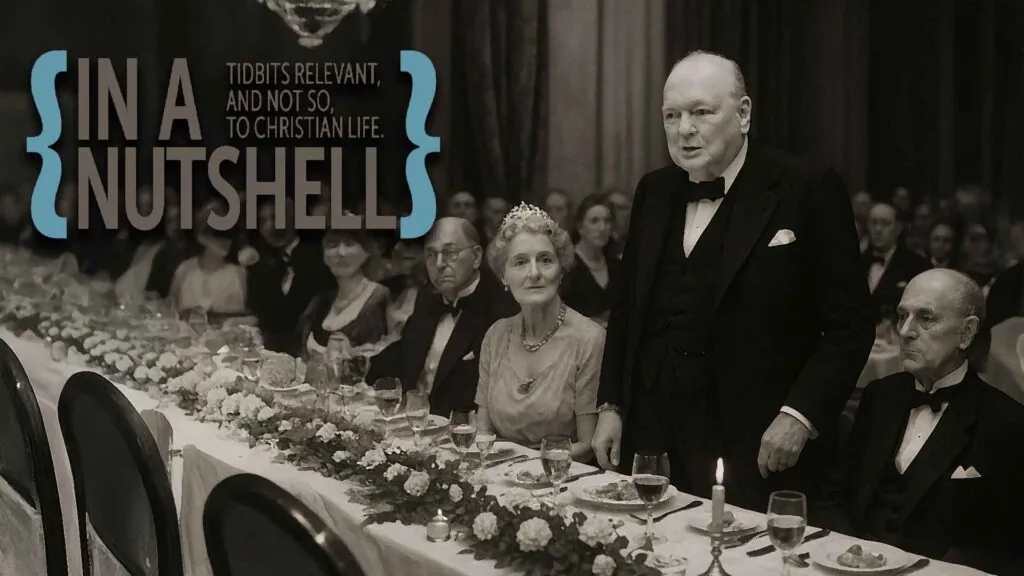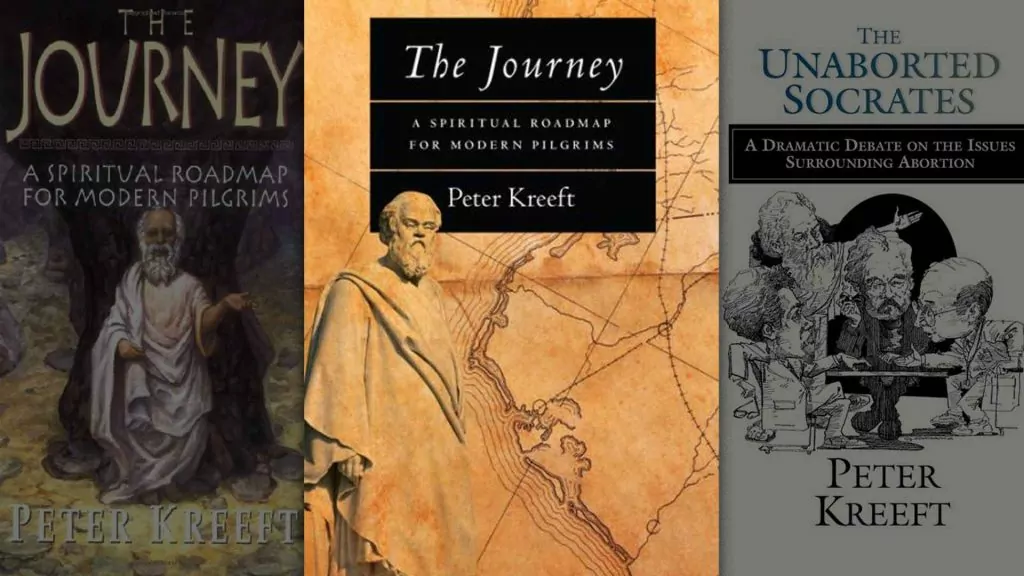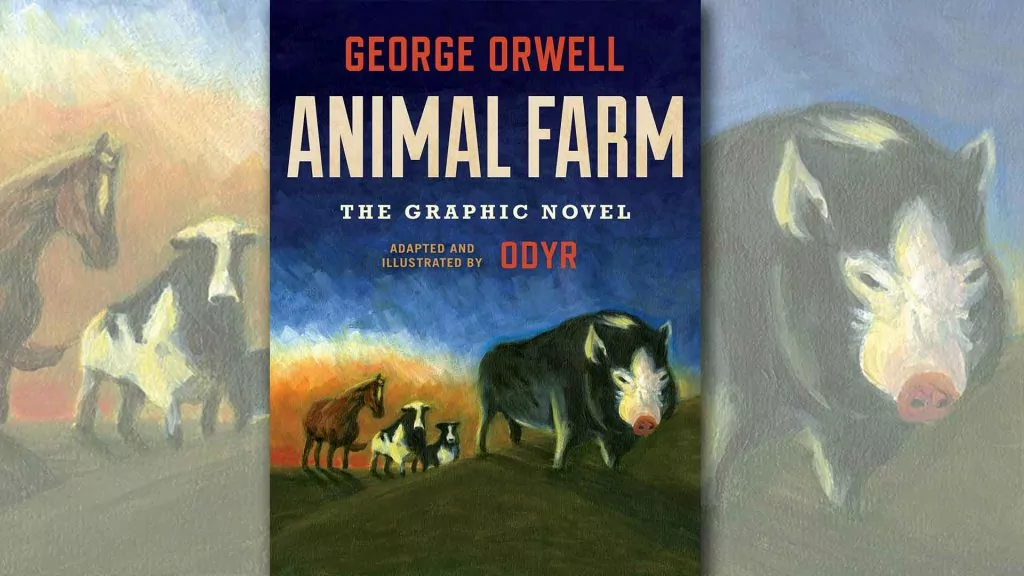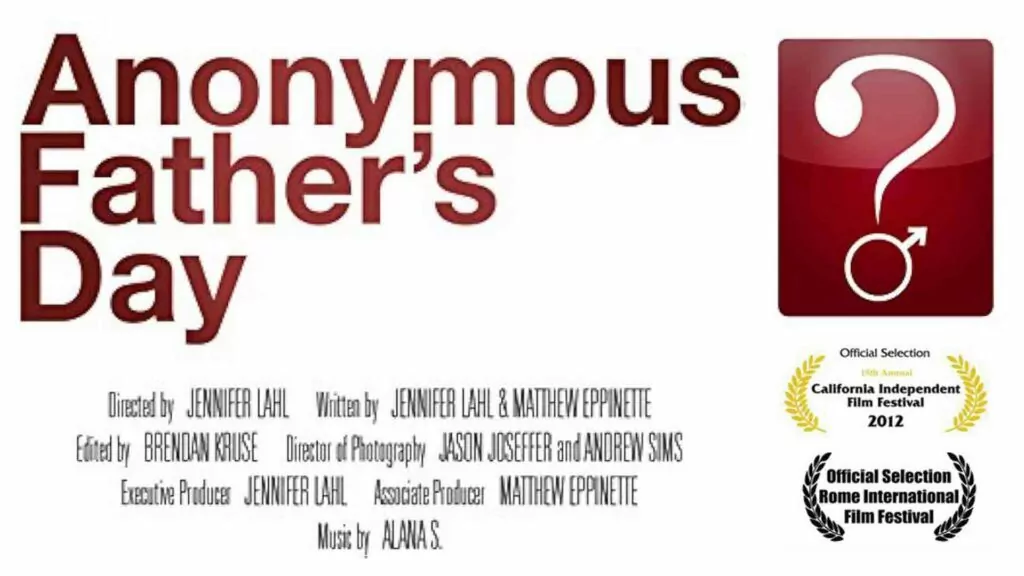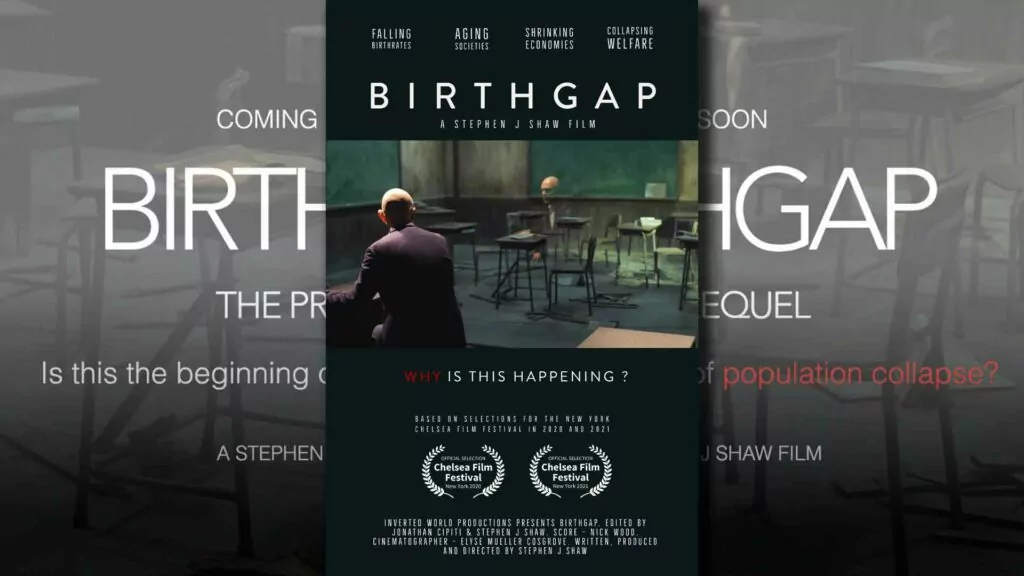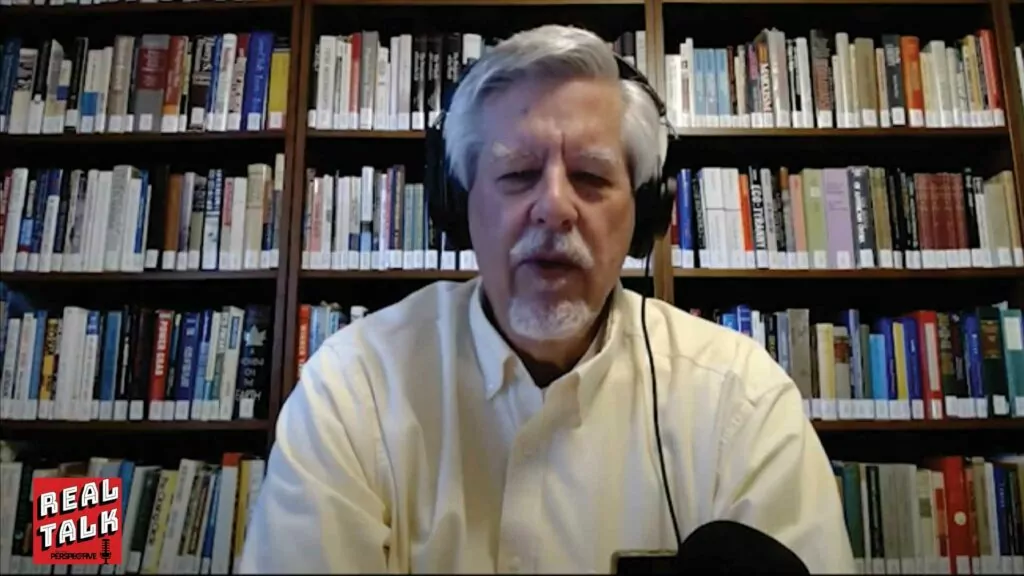
Apologetics 101
What Truth sounds like: sometimes calm isn’t appropriate
Some years back, Justin Trudeau made it a requirement that all Liberal MPs had to support abortion. MP Lawrence MacAulay had, to that point, been known as pro-life, but he indicated, via a series of tweets, that he would follow his party leader Justin Trudeau's new requirement for his MPs. MacAulay wrote:
"I'd like to clarify my comments to The Guardian the other day. I am personally pro-life, and have long held these beliefs; however I accept and understand the party position regarding a woman's right to choose. Despite my personal beliefs, I understand that I will have to vote the party position should this issue ever come up in the House of Commons."
Broadly speaking, there are two sides of the abortion debate:
- those who know it is a baby and recognize that this is a life and death situation
- those who don't understand (or at least claim not to understand) that abortion ends the life of a precious human being
But there is a third group. This group is made up of those who know it is a child, know it is a life and death situation, and knowingly advocate for death.
This is the group Lawrence MacAulay joined. He called himself "personally pro-life," so he understands a life is involved. And yet, knowing what he knows, MacAulay pledged support for the murder of 100,000 Canadian children each year. This is the most indefensible of all positions – the most outrageous stand of all.
So how should we respond when someone in public office takes such an outrageous position? We can write about them to the local paper, and we can write to them via an email or letter, and when we do, we should then be civil…but we should not be calm!
Calm isn't appropriate
We communicate things in how we say them, just as much as by what we say. That's why when we sing to God, it should be with gusto – mouthing the words, even if they are wonderful words, sends a mixed message, or simply doesn't praise Him at all.
In the same way, a calm, quiet response to Lawrence MacAulay's betrayal wouldn't match up with what he'd done. The confusion he created certainly cost children their lives. Any young woman who was considering abortion at the time who then heard this professedly pro-life MP agree to support abortion would have had to understand this as an acknowledgment that abortion isn’t really a life or death matter – it can’t be if he’s not even willing to take a stand. That's the implicit message he spread.
And in how we respond, there’ll be an implicit message sent in how we say what we say. So if someone is promoting the slaughter of the unborn, we can't talk to him like we would if he was proposing an increase in the GST by a per cent or two. (Sadly, if MacAulay had done that, he'd probably have gotten more heated responses than he ever got for his tweets.) This isn't about money, but about lives, so if our response doesn't have some heat in it, we're not doing it right.
Does that mean we should just go off on him? SHOULD WE TYPE OUR LETTER IN ALL CAPS? Should we call him every name in the book?
Of course not.
But we should use powerful words. We should use clear words even though we know they will offend. There is no getting around offending someone in this situation - people will get offended when you confront them about the blood on their hands. But we should not offend him with spurious insults, or with demeaning talk.
Here is the letter I wrote this MP at the time:
Dear MP Lawrence MacAulay,
As a pro-life citizen, I don’t appreciate your party leader's stance. But your recent tweets left me more disappointed in you than him. Justin Trudeau, at least, can pretend he doesn’t know better. But why are you personally pro-life?
Of course the answer to that is simple – you know it is a baby. So let’s look back at what you tweeted and insert in your own pro-life perspective. Here then, is what you really said:
"I'd like to clarify my comments to the Guardian the other day. I am personally against the killing of unborn babies and have long held these beliefs; however I accept and understand the party position regarding a women's right to choose to kill her unborn baby. Despite my personal belief against killing babies, I understand that I will have to vote to kill unborn babies – my party's position – should this issue ever come up in the House of Commons."
Being personally pro-life and yet politically pro-choice is the most damnable of all positions in the abortion debate. It means you know what is going on, but don’t have the courage to act. Please reconsider.
Jon Dykstra
If I were to have a second go at it, I would have started differently. "Don't appreciate" and "disappointed" aren't the sort of terms you use to tell someone to stop promoting mass murder – far too relaxed.
However, I'm not sharing this as an example of some perfect letter. There is no such thing, so that shouldn't be our standard. But it is worth reflecting on what we could improve on for next time.
While my beginning could have been better, I got the right tone in the second half. No euphemisms, nothing to minimize what he is doing. My tone matches my message – the words I use bring with them a brutal clarity: this is killing children – this is damnable.
Conclusion
Christians are too often too calm. We live in a crazy culture in which there is a right to murder unborn babies; murder is also being touted as a “treatment” for the elderly, sick, disabled, and maybe soon even the mentally ill; and adults and even children are being told they are the wrong gender and that the fix is to have healthy body parts mutilated. That is crazy!
But too often our tone and the word choices we use simply don't match the overall claim that we are making. Can we talk of being "disappointed" or not "appreciating" the actions of a man like Lawrence MacAulay and really expect to convince our fellow Canadians that 300 children a day are being slaughtered in our country? That's not the right vocabulary. Back in 2014, at this same time that MacAulay was issuing his tweets, three Mounties were murdered in Moncton, N.B., and the newspapers were filled with words like "heartbreaking," "horror," and "grief-stricken." Those are the kinds of words we use in the face of a travesty.
How we sound does matter. If we're going to convincingly communicate the truth of what's being done to the unborn, the elderly, and the gender-confused, we need to talk like we mean it. Instead of being "disappointed," we need to be "devastated." Instead of being "regretful," we should be "shocked."
A deeper problem might lie not in our vocabulary and how we talk, but in our hearts and how we feel. It is hard to speak about being outraged when we aren't actually outraged. Apathy is understandable in the face of an evil like abortion that is decades old, or even an evil like transgender mutilation, which is mostly happening to people we don’t even know. But apathy in the face of evil is also sinful. If we speak of being disappointed because that's all the passion we can muster, then we need more than a change of vocabulary – we need a change of heart.
Please forgive us our apathy Lord. Please turn around those who love the shedding of blood. And please, Lord, save the children and adults who are being killed and mutilated!
A version of this article first appeared in the July/August 2014 issue.

News
The assassination of Charlie Kirk
A new era has been marked; Christians must tell the truth.
Unsurprisingly, on September 11, 2001, I wept. I also wept, unexpectedly, on September 11, 2011. Perhaps it was delayed grief, but mostly, it was a delayed realization. Sitting that Sunday morning with my young daughters, only 6, 4, and 2 at the time, it struck me how different their world was from the one I wanted for them.
The same sense struck this week, on September 10. The assassination of Charlie Kirk seems to mark a new era, a world no one wants but may very well be here. Calling the murder a “tragedy for all of us,” U.K. comedian and commentator Konstantin Kisin wrote:
"I hope I’m wrong. But tonight feels like some sort of invisible line has been crossed that we didn’t even know was there. … o murder a young father simply for doing debates and mobilising young people to vote for a party that represents half of America? This is something else.
"Charlie’s death is a tragedy for his wife, his children and his family. I don’t pray often. I am praying for them tonight. But I fear his murder will be a tragedy for all of us in ways we will only understand as time unfolds.
"I hope I’m wrong. I fear I’m not."
Kisin is not wrong about lines being crossed, though the Christian must not fear. We must, however, squarely face the sober realities of this moment.
Kirk’s murder followed another this week, in Charlotte, of a young woman from Ukraine riding a public train. Iryna Zarutska was stabbed by a man who should have been in prison or at least institutionalized, and she was then left to die by people too engrossed in their screens to notice or too jaded to care. Together, these atrocities reveal realities about our culture and how it has shaped those within it that many will find unthinkable. But we had better think about it anyway.
Zarutska’s killer is a terrible example of the mental and social brokenness that permeates modern life. The bystanders who did not come to her defense or to her aid are, like the social media commenters and media personalities who callously commented on Kirk’s assassination, examples of the rabid and pervasive dehumanization that infects the Western world.
In a recent Breakpoint commentary, released prior to the atrocities of this week, Abdu Murray argued that this “post-truth world that elevates feelings and preferences above facts and truth has collapsed the distinction between a person’s ideas and their identity. And so, the social erasure of cancel culture has calcified into something darker.” That something darker, he argued, is “assassination culture.” He continued,
“Unmoored from that objective standard for human value, we have made gods of ourselves and therefore justify eradicating any who dare to have other gods before us.”
This is precisely what Os Guinness warned of in the new film Truth Rising, that the West is squandering a unique heritage. A civilization built upon the ideal of human dignity, with a mixed and troubled history of working out that ideal, has now replaced it with something else. But racialized, sexualized, and politicized conceptions of human dignity only produce victims.
George Orwell is often credited as saying, “In a time of deceit, telling the truth is a revolutionary act.” Charlie Kirk was a committed truth teller, with a remarkable gift for exposing and answering deceit. And yet, as he did this, he treated the deceived with the dignity they had as image bearers of their Creator, recognizing that they too were victims of their own bad ideas.
There is a cost to telling the truth. Our Lord has told us to count this cost. If Kisin is indeed correct, that cost is higher than we have imagined. This is indeed a civilizational moment. It is to this moment that we have been called as His people. As His people, we know that this moment is not some fatalistic inevitability, nor does it determine or define the Story of which we are part.
In a video circulating on social media, Charlie is asked why he went on campuses to talk with and try to persuade those who disagree with him. Charlie responded, “Because when people stop talking, that’s when violence happens.” It was a prophetic moment, but Kirk also demonstrated that we need not accept that. He showed that the conversation can be had; that it must be had. He showed that the truth still wins hearts and minds, and that lies can be opposed. And that it can all be done with a big smile.
It takes courage to tell the truth and to, as Paul wrote, “regard no one from a worldly point of view.” As Murray wrote, only the “ancient biblical truth about what it means to be human can heal our contemporary malady.”
It can be healed. This is not wishful thinking. This is the hope Christ secured for us all. As the banner on the Turning Point USA website proclaims, Charlie Kirk has been “received into the merciful arms of our loving Savior, who suffered and died for Charlie.”
For more resources to live like a Christian in this cultural moment, go to Breakpoint.org. This is reprinted with permission from the Colson Center. Picture by Gage Skidmore and used under a CC BY-SA 2.0 license.
Today's Devotional

September 12 - Our natural condition (I)
“And you were dead in…..sins in which you once walked, following the course of this world…carrying out the desires of the body and the mind, and were by nature children of wrath, like the rest of mankind.” - Ephesians 2:1-3
Scripture reading
: Romans 1:18-25
An accurate portrait of someone will include the “warts and all.” In these days of airbrushing and photo-shopping to make >
Today's Manna Podcast

The sacrifice of Thanksgiving
Serving #963 of Manna, prepared by D. VandeBurgt, is called "The sacrifice of Thanksgiving" and is based on Leviticus 3.










